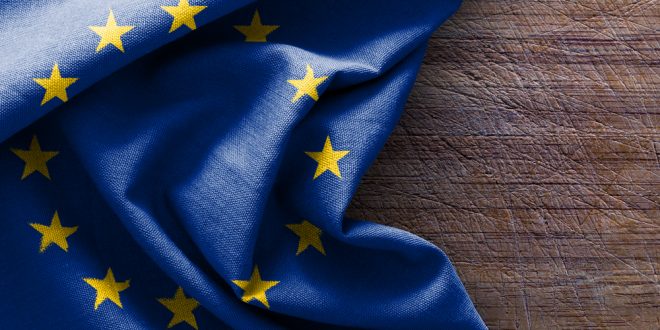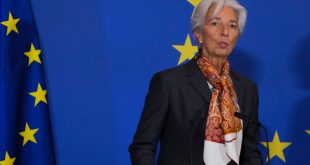Inflation in the Eurozone rose well above expectations last month, driven by rising energy costs and a tax increase in Germany, to pose a potential challenge to the European Central Bank.
Inflation has been below the European Central’s target of nearly 2% for most of the past 10 years. The bank pledged to pursue a super-easing policy over the coming years, in light of weak price pressures and taking more time to recover from a recession caused by the Coronavirus pandemic.
But the price increase, even if it is temporary as many policymakers expect, may make it more difficult to justify the exceptional stimulus, especially in Germany, the eurozone’s largest economy, which has been looking with great suspicion for years at the copious print of cash.
The European Union’s statistics office Eurostat said annual inflation in the 19-nation Eurozone jumped to 0.9% in January from -0.3% over the previous four months, the highest in nearly a year and exceeds analysts’ expectations of 0.5%.
 Noor Trends News, Technical Analysis, Educational Tools and Recommendations
Noor Trends News, Technical Analysis, Educational Tools and Recommendations





